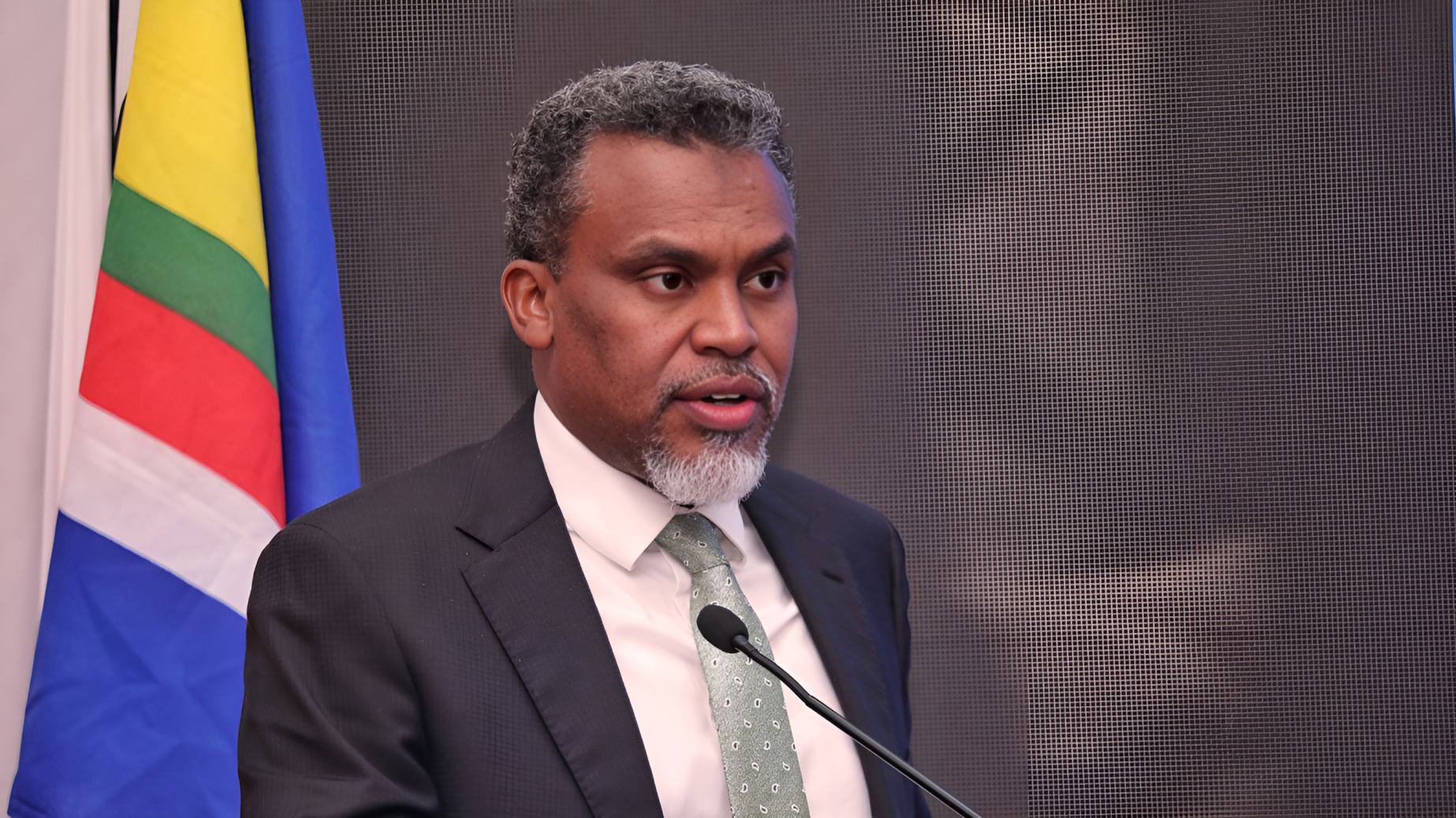NIS warns Kenya faces border threats on nearly all fronts

NIS Director General Noordin Haji outlined the growing security risks, focusing on Kenya’s vulnerabilities due to outdated military equipment.
Kenya’s national security is under increasing pressure from escalating threats across its borders, according to the National Intelligence Service (NIS), with the agency calling for urgent reforms and a significant budget increase to address these challenges.
During his presentation to the National Assembly’s Committee on Defense, Intelligence and Foreign Relations, NIS Director General Noordin Haji outlined the growing security risks, focusing on Kenya’s vulnerabilities due to outdated military equipment.
He emphasized that the Kenya Defence Forces (KDF) have not upgraded their military hardware in more than a decade, leaving the country’s security infrastructure ill-prepared for modern threats.
Outdated military equipment
Haji shocked lawmakers by revealing that the KDF’s equipment is now obsolete, making it difficult to counter threats from neighbouring countries.
"Whatever equipment we buy, they become obsolete or require upgrading. Just like the way you change your [smartphones], it is the same with equipment," he said.
He pointed out that the country’s inability to modernize its military could prove costly as new threats emerge from the borders.
The border with Uganda remains a hotspot for cross-border crime, with Karamajong warriors regularly encroaching on Kenyan land and engaging in cattle rustling.
The situation in South Sudan is equally concerning, as the proliferation of small arms fuels insecurity in the region.
Haji also highlighted the ongoing threat from the Oromo Liberation Army, which allegedly collaborates with al Shabaab, and warned that parts of Kenyan territory have been occupied by militants.
The Somalia border continues to be a primary concern, with al Shabaab continuing its attacks on Kenyan soil.
Haji made a direct appeal for more funding to address these growing challenges, requesting Sh33.5 billion to modernize Kenya’s security apparatus.
This ambitious proposal includes Sh10 billion for a new surveillance system incorporating unmanned aerial vehicles, Sh15 billion to overhaul the intelligence infrastructure, and Sh8.3 billion for research and development to develop local solutions to security problems.
He stressed that the NIS is focusing on developing indigenous solutions, with 70 percent of its equipment now sourced locally, as foreign suppliers have been reluctant to provide the necessary advanced technology.
Despite these efforts, Haji warned that Kenya’s national security is at risk if urgent action is not taken.
The NIS chief emphasized that the threats from across the borders are not only a matter of national security but also of survival, especially in light of regional instability.
He noted the risk of further escalation in Ethiopia and South Sudan, which could destabilize the entire region and force Kenya to deal with a flood of refugees, militias, and further border insecurity.
"There is no amount of money that can absolutely ensure Kenya’s safety," he said, stressing that security cannot be politicized.
"We are not going to overcome whatever we are facing if we continue politicizing everything."
The NIS has already made strides in securing the country, including preventing several bombings in Nairobi and stopping militants from entering through the borders.
However, Haji noted that these efforts are being hindered by inadequate funding and obsolete equipment.
Security Under Threat from Global Conflicts
Haji also warned that global conflicts such as the war in Ukraine, the Gaza crisis, and the ongoing violence in Yemen are contributing to Kenya’s security concerns.
These international conflicts introduce new risks, such as the movement of extremist groups and the spread of small arms, all of which make Kenya’s borders increasingly difficult to secure.
Despite a sharp reduction in the NIS budget, Haji made a final appeal for lawmakers to prioritize national security.
The agency’s budget has been slashed from Sh65.6 billion to Sh51.47 billion for the upcoming financial year, a cut of Sh14 billion.
With security challenges mounting, Haji called on the government to increase funding to the NIS, stressing that without proper investment in defense, the country would remain vulnerable to the growing threats on all sides.
